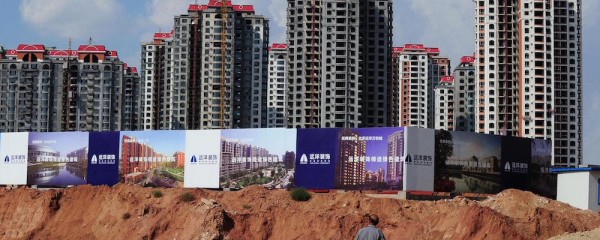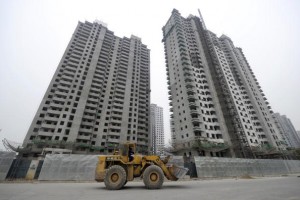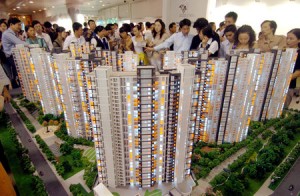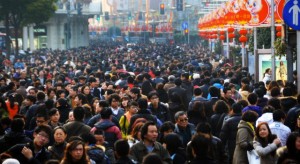06
Jan 2016
RESIDENTIAL CRISIS IN CHINA
If you have chance to visit China, you’ll be impressed by the how Chinese people build infrastructures, both from its speed and design. Beside roads, bridges, and highways, other infrastructure that Chinese like to build is apartment. Yes, China has the biggest population in the world, but, does it mean they have to build more apartments?
Residential Crisis: Empty Apartment
But they generally agree that most Chinese cities are ringed with empty apartment buildings and residential developments with varying degrees of completion, from projects where the ground hasn’t been broken to fully finished apartments waiting for someone to move in.
China’s Half Done Apartment
That’s bad news for the Chinese economy, and thus for the world. Empty houses discourage other homebuilders from breaking ground on new projects, meaning lost paychecks for construction workers and less business for suppliers of everything from bricks to steel beams to wiring to sofas. They also put downward pressure on home prices, which discourages consumers from spending by making them feel less well-off.
Still, the current glut is getting official concern directly from the top. Last month, President Xi Jinping told a meeting of economic and financial officials that China must resolve the housing inventory situation and ensure the health of the property sector.
The comments have prompted real estate developers and investors to anticipate that the government will rev up efforts to winnow down that glut, the strategy is called as destocking. It means either increasing the incentives for people to buy homes or adding people to the ranks of potential homebuyers.
What is the solution then?
Government had found many ways to increase the incentive. In March, the government had started rolling out loosening measures such as multiple interest rate cuts, looser home purchase rules, and tax reductions. That helped property markets in the largest, most affluent cities such as Shanghai and Shenzhen, which have seen prices recover to the point where they are beginning to look frothy. But many small and mid-sized cities continue to struggle. They also think of the possibility of tax deductions on mortgage payments. Others say officials could help by allowing lenders to securitize housing loans, in other words, that is, bundle them together and sell them to investors. That could lead to more money for potential homebuyers in smaller cities.
People Attending Property Promotion
Another potential solution involves people displaced by development and urbanization. Typically, when knocking down hamlets and villages to make way for offices, malls and apartment buildings, local politicians make sure the displaced get put into newly built homes. Instead, China could take steps to help local governments purchase existing homes for the displaced. China’s vast rural population may be another answer. Right now China limits the mobility of its people by tying their social benefits to where they live. People with a rural origin would struggle to get medical care or education for their children if they moved to a city.
Fully Packed Mega Cities
China Rural Area
But China is looking to increase urbanization as a way to foster consumption. At the end of 2014, China’s urbanization rate was 54.77%, and Beijing has plans to raise it to 60% by 2020. Those people could help fill homes. The central government could give local governments increased autonomy to manage residency permit allocations.
Moreover, China’s aging population is also the problem. The current two-child policy could help to boost demand for bigger homes, but it’s not that easy.
“Having somewhere to go is a HOME; Having someone to love is a FAMILY; Having both is a BLESSING”
Source: Wall Street Journal
RELATED ARTICLES:
2-CHILD POLICY AND CHINA ECONOMY



































